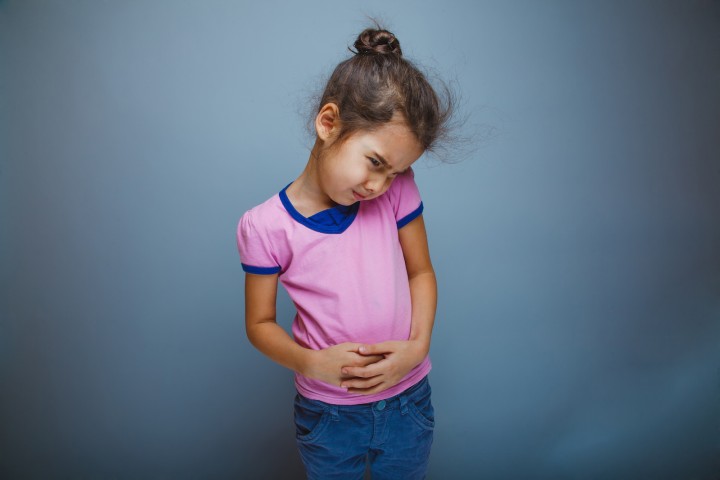
Photo: Maxim Ibragimov
It is quite normal for children under 10 to get stomach aches. Often it is just a need to go to the toilet, but they don’t recognize it. They may even insist that’s not it. Whatever the reason, it can be quite distressing for parents to see their child in pain and you will want to put her at ease. Here are a few suggestions for dealing with a stomach ache in children.
At home remedies to treat stomach ache in children
You can initially try treating a stomach ache at home, and in most cases that will be enough. See further below for situations when you should take your child to a doctor.
Some immediate actions to ease the discomfort include:
- Make your child lie comfortably to see whether the pain goes away
- Provide plain water, diluted juice or other clear fluids
- If your child expresses feelings of hunger, give soft and bland foods. Avoid solid foods, oily or spicy foods, dairy products, and caffeinated or carbonated drinks
- Encourage your child to try passing a stool
- Distract your child by reading to her or letting her watch TV
Avoid giving any medicine, even paracetamol or ibuprofen, without a doctor’s recommendation, as they can make the pain worse depending on the cause. Additionally do not give antibiotics if a doctor has not diagnosed a bacterial infection and prescribed a course.
When to consult a doctor
Sometimes an abdominal pain may be a sign of a serious condition which requires expert medical care. Try to remember and note as many details about the pain as you can, including when your child first felt or expressed discomfort, and any incidents of vomiting, passing stools or diarrhea, fever and anything else unusual. This may help the physician with the diagnosis.
Consult a doctor if your child experiences any one of the following:
- The condition does not get better in 24 hours
- In case of chronic stomach aches, symptoms increase in severity and frequency over time
- Localized pain confined to one part of the belly
- Presence of swelling and tenderness (pain on touch) over the abdomen
- Pain or swelling in other areas like groin, pelvis etc.
- Persistent vomiting or diarrhea
- Presence of severe symptoms like blood vomiting or passing blood in the stools
- There is unexplained fever
- There is a recent abdominal injury
- Difficulty in breathing
Disclaimer: Medical content and advice published on this site is provided for information purposes only and is not a substitute for a consultation with a licensed physician or the reader’s discretion. Although FamiLife.in verifies all information with reputable sources, the contributors and publishers accept no responsibility for any actions taken by readers based on the information provided here. FamiLife.in recommends that you always consult a licensed medical professional in health matters.
